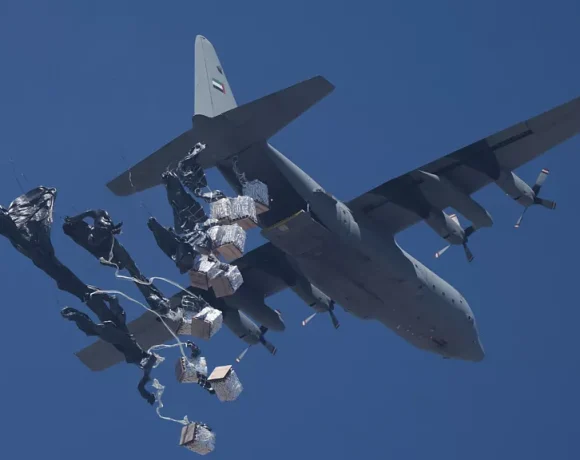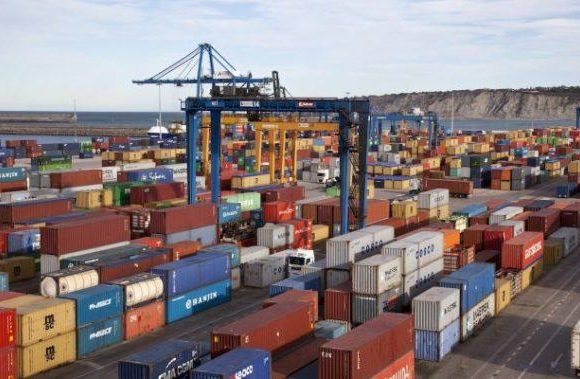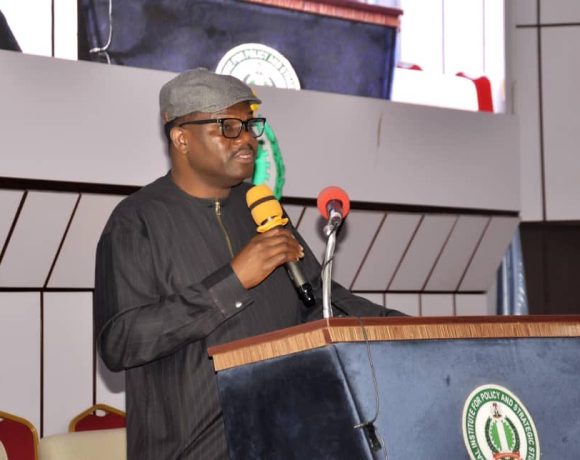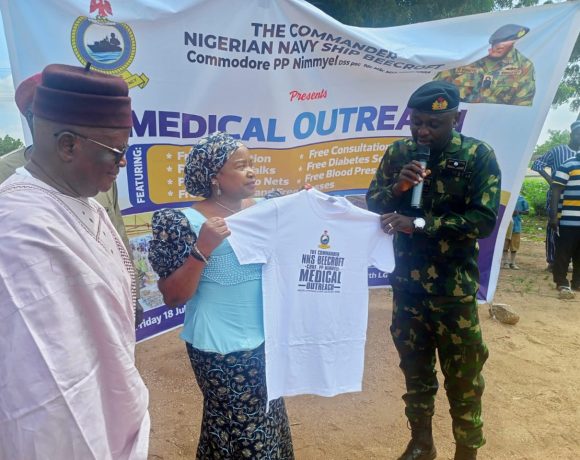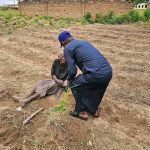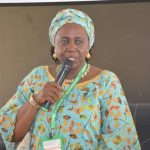Nigeria’s Taraba bridge collapse leaves many lives shattered, livelihoods crippled
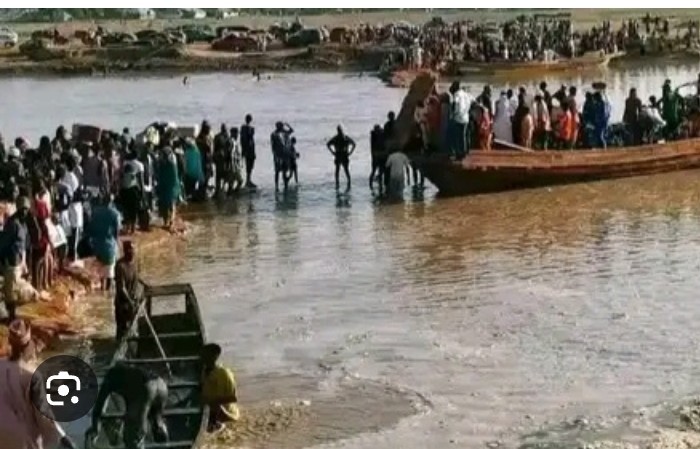
Nigeria
Nigeria’s Taraba’s State Nanmai River which was once a symbol of connection and hope for thousands in living in the region, has become a haunting reminder of neglect and lost lives.
Since the collapse of the Nanmai Bridge in August 2024, the people of this vibrant community have faced an unyielding ordeal—a daily battle with danger, deprivation, and despair that no promise or political statement has yet alleviated.
The recent boat accident, which tragically claimed at least three lives including that of a pregnant woman, has reopened wounds and exposed the alarming human and economic cost of prolonged inaction.
For decades, the Nanmai Bridge formed a vital corridor between Taraba and Benue states, linking farmers, traders, and commuters to Nigeria’s bustling markets and lifelines. It was a passage that gave hope to small-scale traders like Amina Yusuf, who depended on smooth transport routes to bring her agricultural goods to market. “When the bridge was there, we could reach buyers quickly; prices were fair, and we earned enough to feed our families,” she recalls with a weary smile while speaking to the Sky News Africa correspondent who visited the site for an in the spot assessment of the effect of the bridge collapse.
Since the collapse, Amina’s journey has been fraught with risk and expense, with the swollen river acting as a formidable, often deadly barrier.
After the bridge gave way in torrential rains, no safe replacement emerged. Makeshift wooden planks became desperate solutions, quickly washed away by the next downpour. The community turned to the river itself—ferrying themselves across in overcrowded, ill-maintained boats that lack even basic safety equipment like life jackets. The tragic boating accident was not an isolated incident, but rather a symptom of dire neglect and a government slow to act.
This collapse is not merely an infrastructure failure; it is a rupture in the very fabric of social and economic life in Taraba. Without the bridge, the movement of goods has slowed to a crawl, a reality that hits hardest those whose livelihoods depend on timely deliveries and market access. Traders are forced to pay exorbitant fees—sometimes as high as ₦10,000 per crossing—to ferry goods and vehicles across a treacherous river. These added costs are passed down to consumers, leading to a ripple effect of inflation that deepens poverty in a part of Nigeria already struggling economically.
Farmers like Musa Ibrahim who also spoke to Sky News Africa said, he watches helplessly as their perishable produce spoils on the roadside, unable to reach markets in time. “I used to sell fresh tomatoes in Jalingo,” he laments, “but now, by the time my tomatoes cross the river, they are rotten. I lose money every day.” The loss is not just financial—it jeopardizes food security in regions dependent on these crops. Amina, Musa, and others are caught in a cruel cycle where opportunity is curtailed by a broken bridge and the absence of effective alternatives.
The social cost of this situation is just as heartbreaking. Children face danger and disruption as they struggle to get to school, crossing swollen rivers on unsafe boats or being forced into long detours. Mothers worry constantly for their families’ safety; pregnant women face terrifying journeys, a reality tragically made real in the recent fatalities. Reduced access to healthcare services further threatens lives, as clinics grow harder to reach and emergencies harder to manage.
In quiet conversations and heated town meetings, residents describe the river crossing as a “death trap,” the place where hopes drown alongside lives. The fear is compounded by frustration as repeated government visits and glossy press releases bring no relief. Despite awarding a ₦19 billion contract for reconstruction, months have passed with little progress. The gap between promises and reality grows ever wider, sowing dissatisfaction and distrust toward authorities.
This disconnect is not only a failure of governance but also a stark illustration of regional inequalities. Rural communities in states like Taraba often find themselves sidelined, their urgent needs eclipsed by political calculations or bureaucratic inertia. The neglect of Nanmai Bridge is a national crisis by any measure. The bridge lies on the Jalingo–Wukari road, a crucial artery feeding the North-Central and North-East regions, linking agricultural belts to cities and markets across Nigeria. The resulting disruptions hurt not only local inhabitants but also have broader implications for regional trade, food supply chains, and economic integration.
The situation is especially precarious given environmental challenges. Flooding linked to climate change intensifies with every rainy season, worsening river conditions and the prospects for quick repairs. This demands urgent, resilient infrastructure solutions backed by genuine political commitment, not mere tokenism.
Calls for action now come not just from families like Amina’s or traders like Musa, but from local unions, community leaders, and civil society organizations. Their demands are clear: transparent, accountable reconstruction of the Nanmai Bridge, immediate enforcement of safety measures on river crossings, and genuine engagement with the community to devise workable interim transport solutions. Life jackets, trained ferry operators, regulated crossings—these basic measures could save lives while the bridge is rebuilt, yet little has been done.
Rebuilding Nanmai Bridge should be declared a national emergency because the human cost is profound and growing. It represents a litmus test for Nigeria’s commitment to equitable development and governance that prioritizes the protection and dignity of all citizens.
Behind every statistic is a human story. The bereaved families who lost loved ones last week carry grief that no politician’s speech can heal. Traders and farmers bear heavy economic burdens that erode futures and stifle dreams. Children who miss school or get injured en route miss out on the promise of education. Pregnant women who risk their lives to cross the river do so under duress and despair.
This is more than infrastructure failure; it is a profound moral crisis—a failure of a government entrusted with duties of care to its people.
The story of Nanmai Bridge is a call to action for Nigeria and its leaders. It is a plea to move beyond empty promises and political grandstanding to tangible results that restore safety, dignity, and hope. Every day of delay amplifies tragedy and deepens socio-economic wounds.
For the people of Taraba, the river is not just a geographic feature; it is a barrier between hardship and survival, between despair and opportunity. Until the government acts decisively, transparently, and with urgency, the toll—human, social, and economic—will continue to mount. The time to answer this call is now.


